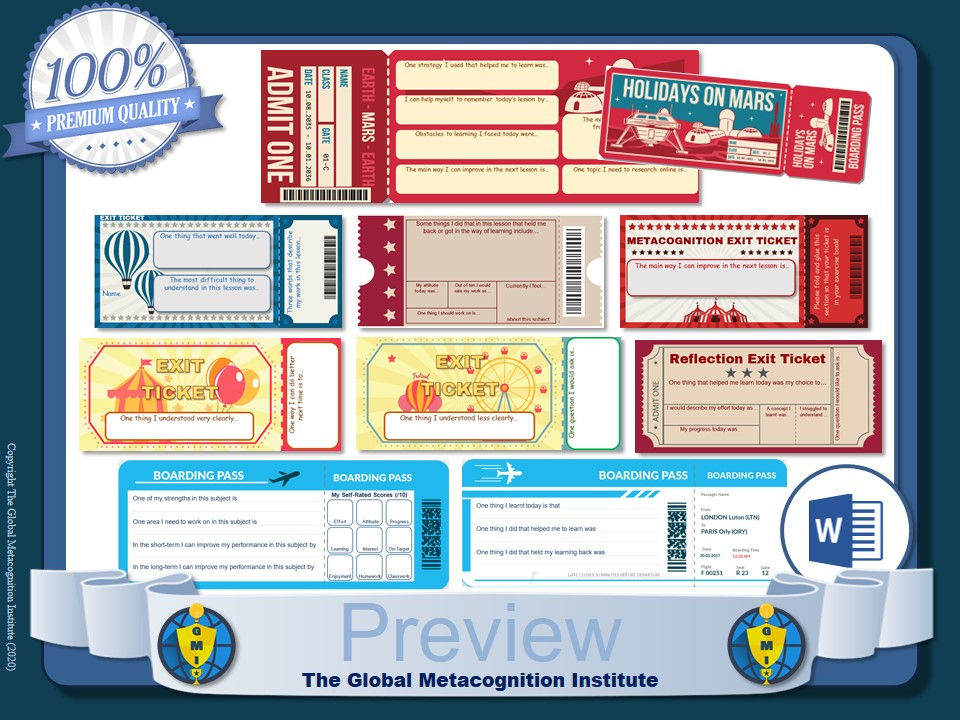Assemblies are a simple way to teach young people about metacognition, metacognitive strategies and other factors that impact their ability to learn.
Metacognition is the awareness and understanding of thought itself; metacognitive approaches to teaching and learning focus on the planning, monitoring, evaluation and regulation of thinking processes. Recently, the definition of metacognition has been broadened and includes not only ‘thoughts about thoughts’ as it was previously considered, but the following notions as well: knowledge of one’s knowledge, processes, and cognitive and affective states; and the ability to consciously and deliberately monitor and regulate one’s knowledge, processes, and cognitive and affective states (Louca, 2003). Scarr and Zanden (1984) define metacognition as individuals’ awareness and comprehension of processes of regulating their mental state, skills, memory and behaviour.
Metacognition occurs as a result of one’s individual evaluation and observation of their cognitive behaviour in a learning environment (Ayersman, 1995). Developing metacognition is an essential aspect of creating 'Reflective Learners', defined by Swartz and Perkins (1989) as students who reflect upon their thinking before and after (or even in the middle of) the learning process, pondering how to proceed and how to improve."; An Analysis of Research on Metacognitive Teaching Strategies (Ellis et al 2014) concludes metacognition to be an effective strategy especially when used regularly and accompanied by effective teacher modelling.
We have created a complete set of ten assemblies that's designed to introduce metacognition, learning-power and related ideas to students aged 11-16: click here to download it. The topics covered are:
Introduction to Metacognition
How to Improve Concentration
Increasing Memory & Learning
Being Inquisitive & Developing Questioning Skills
Healthy Body, Healthy Emotions, Healthy Mind
Critical Thinking & Higher-Order Thinking Skills
The Benefits of Meditation
The Value of Education
Increasing Energy & Motivation
How to Revise
The sessions foster metacognitive awareness and reflection with a view to students gaining insights into (and increased regulation of) their own learning-processes. Sessions include video links, debates and discussion tasks, and a fun (if a bit noisy) voting game! We recommend incorporating these assemblies into your whole-school metacognition provisions and delivering one session per term. Each session is 10-15 minutes long and offers a high-degree of flexibility making them suitable to groups of different sizes: they are also ideal for tutor groups and mentoring groups.
Have a look at some of the previews below!
References
Louca, Eleonora. (2003). The concept and instruction of metacognition. Teacher Development. 7. 10.1080/13664530300200184.
Ellis, Arthur & Denton, David & Bond, John. (2014). An Analysis of Research on Metacognitive Teaching Strategies. Procedia - Social and Behavioral Sciences. 116. 10.1016/j.sbspro.2014.01.883.
Scarr, S. and Zanden, J. (1984). Understanding Psychology. New York: Random House.






























































Comentarios